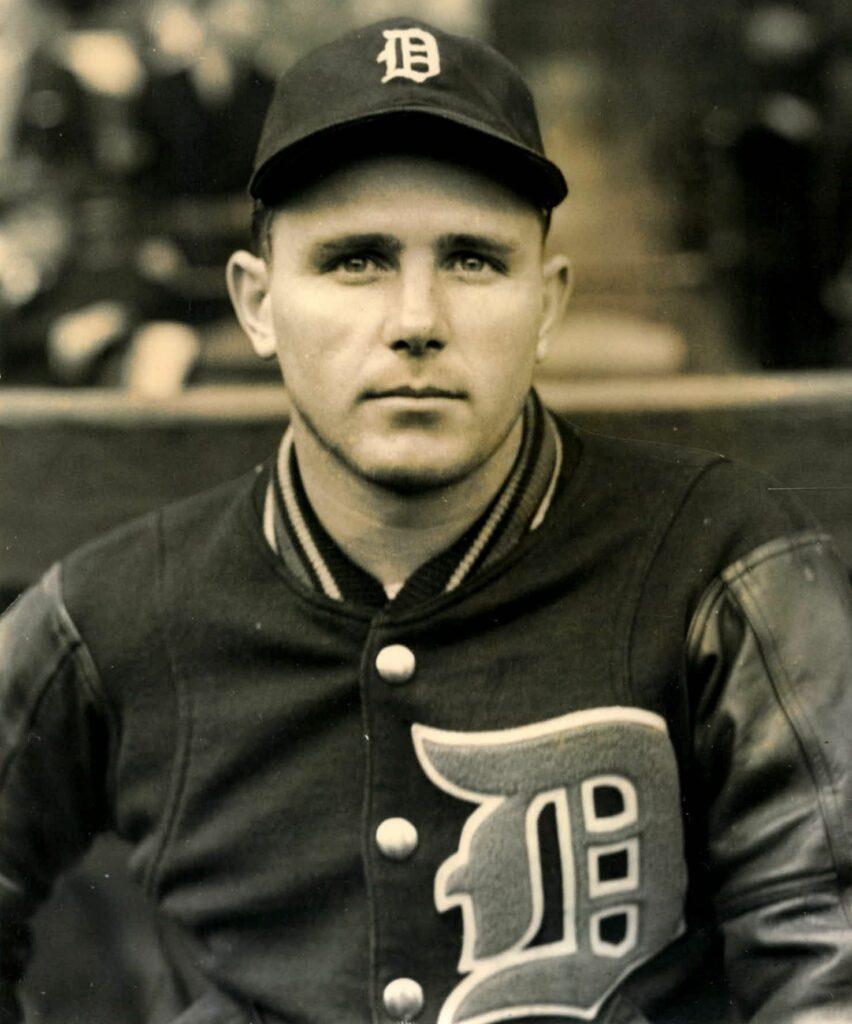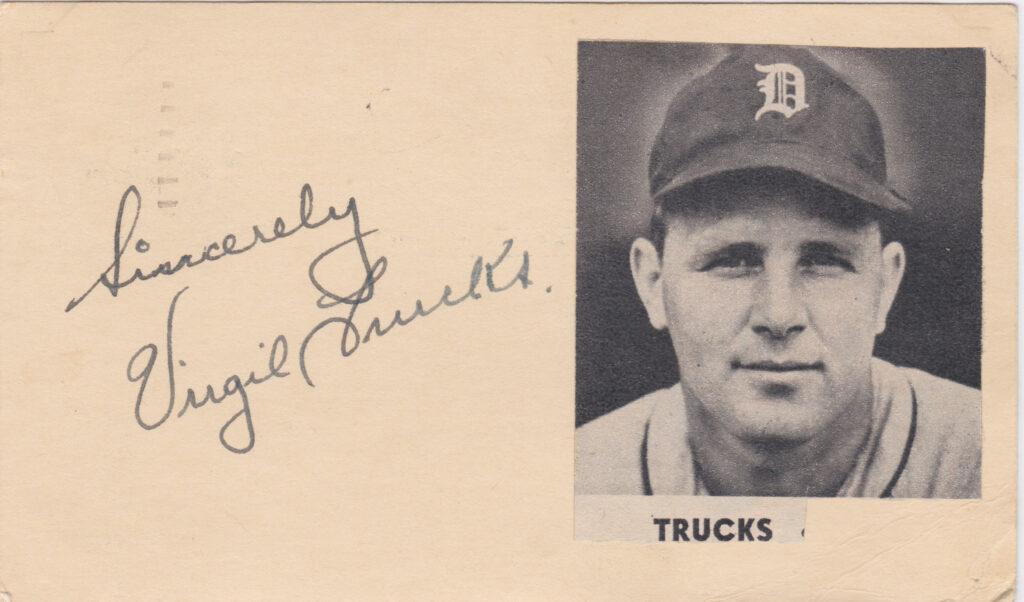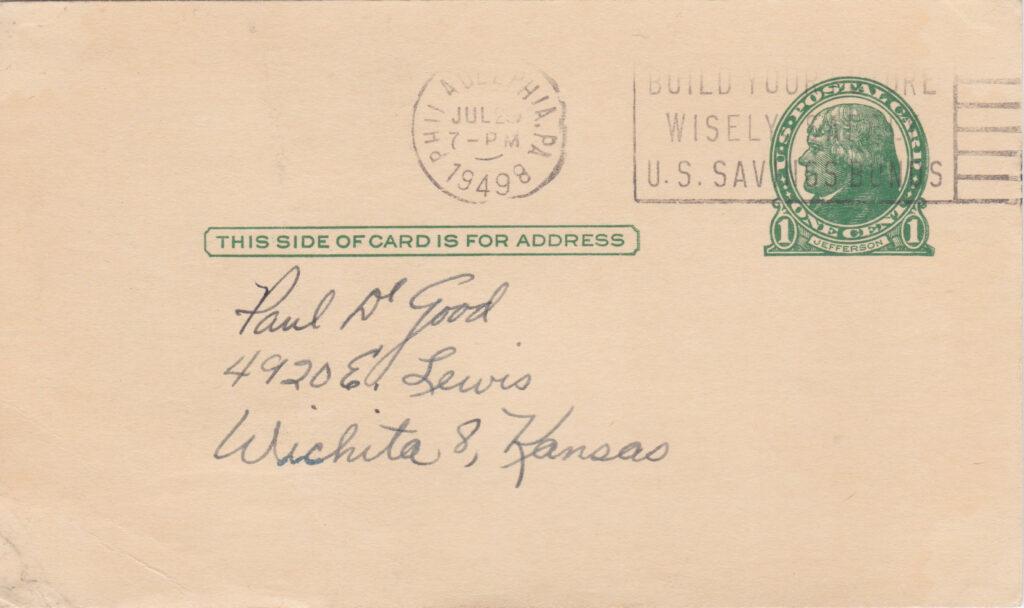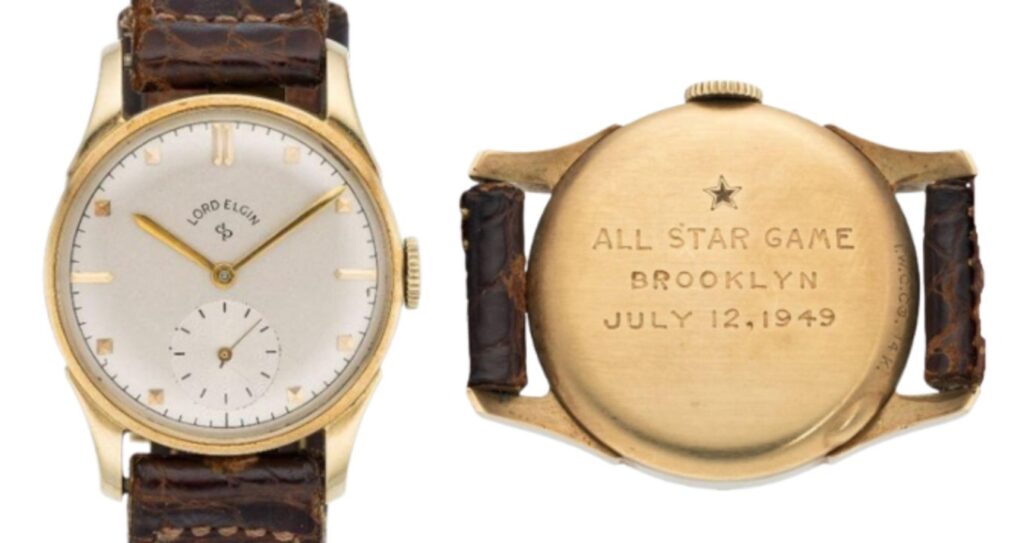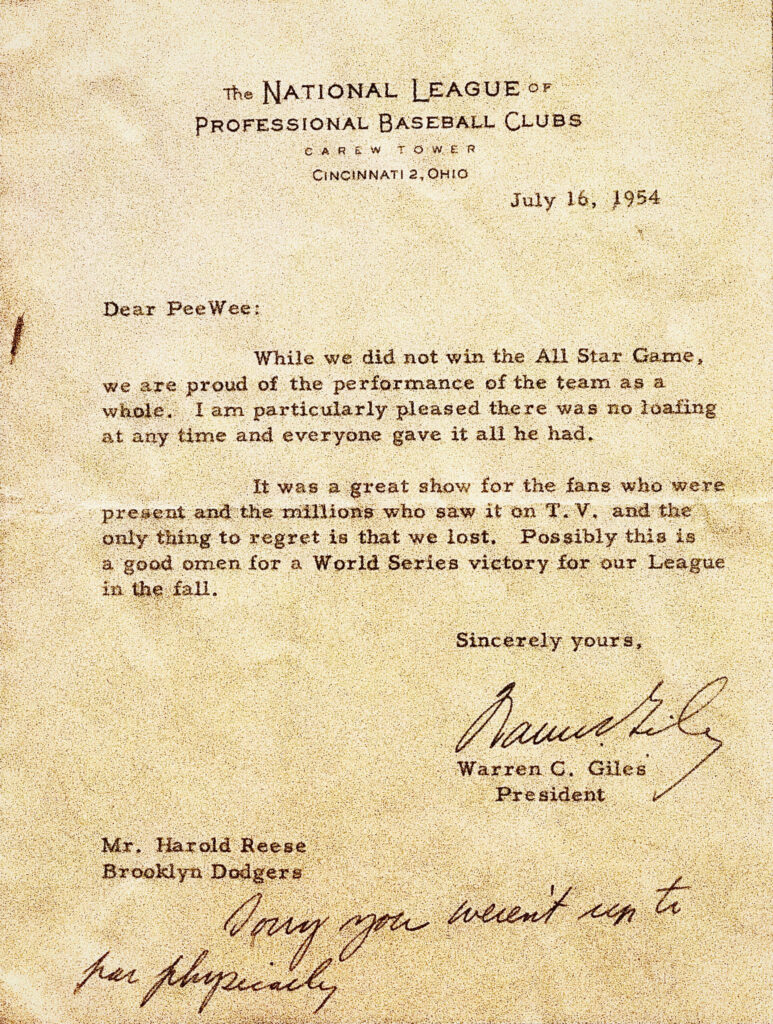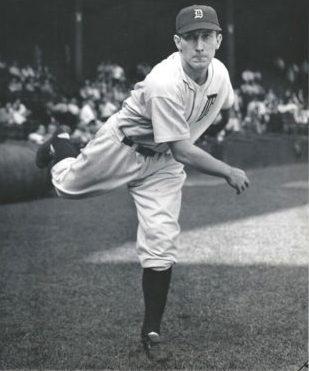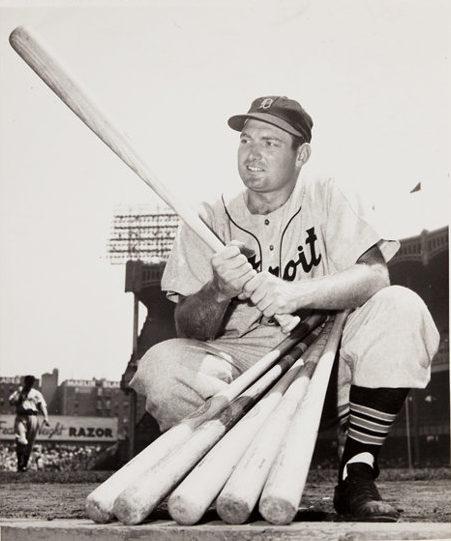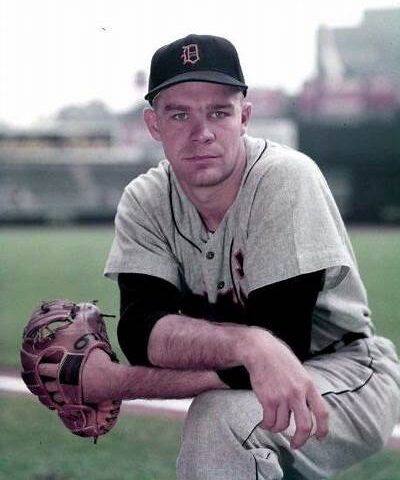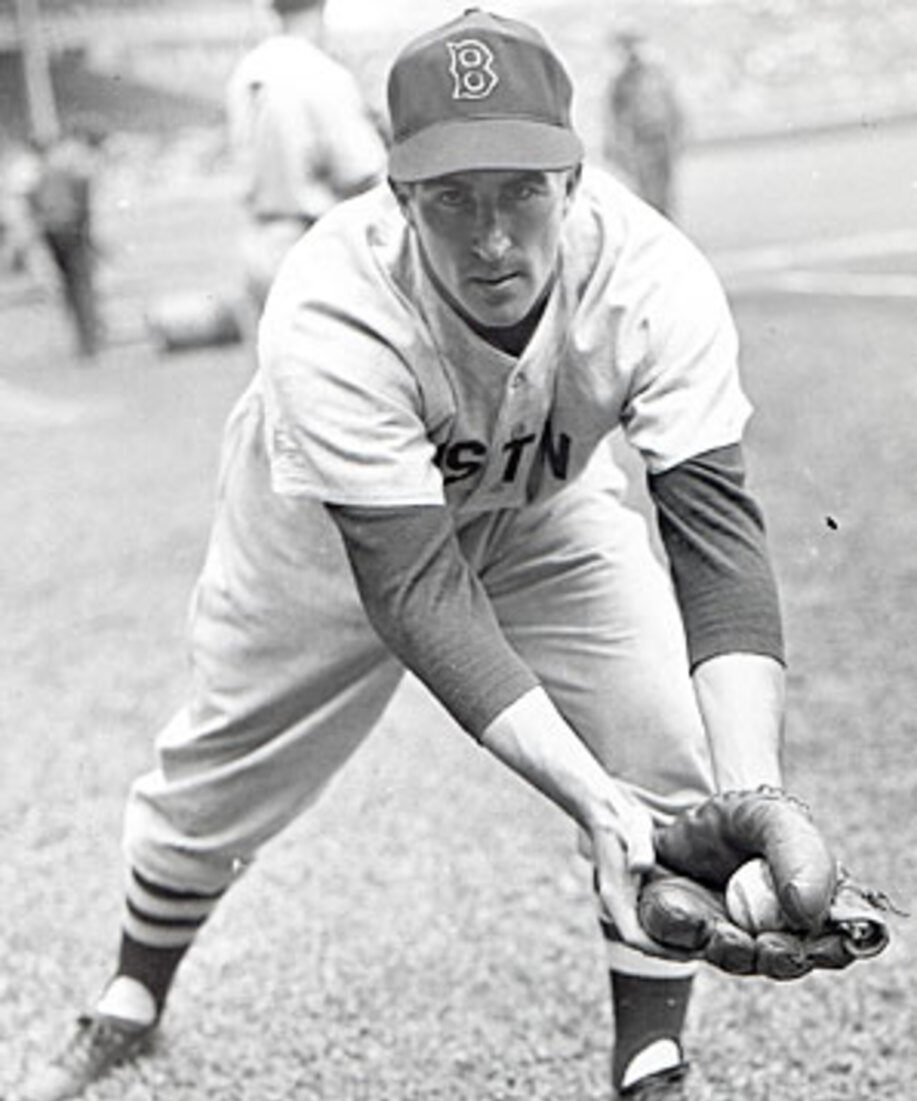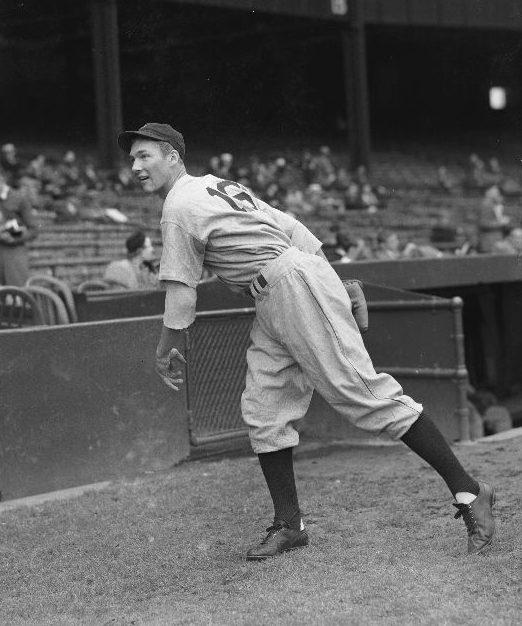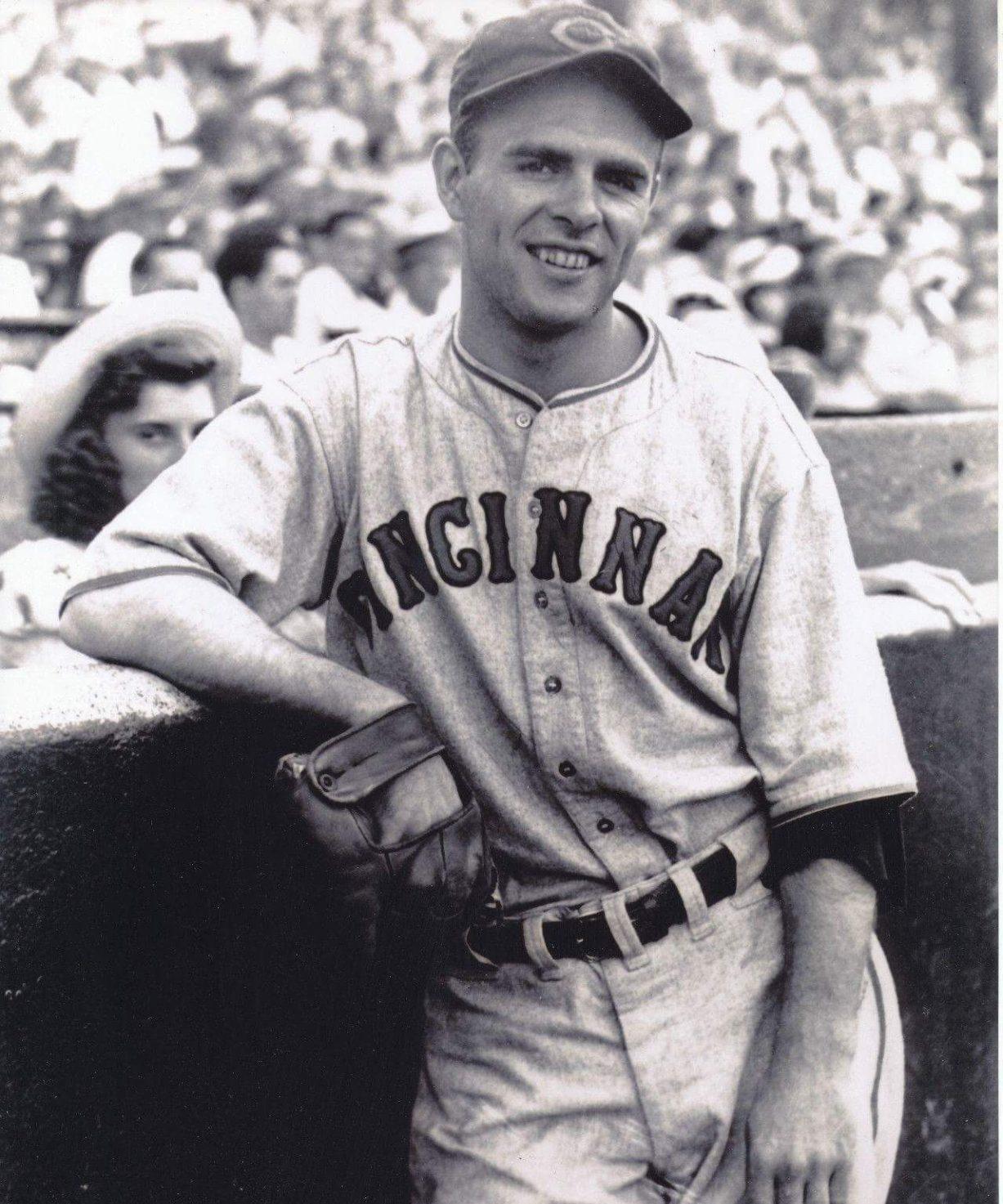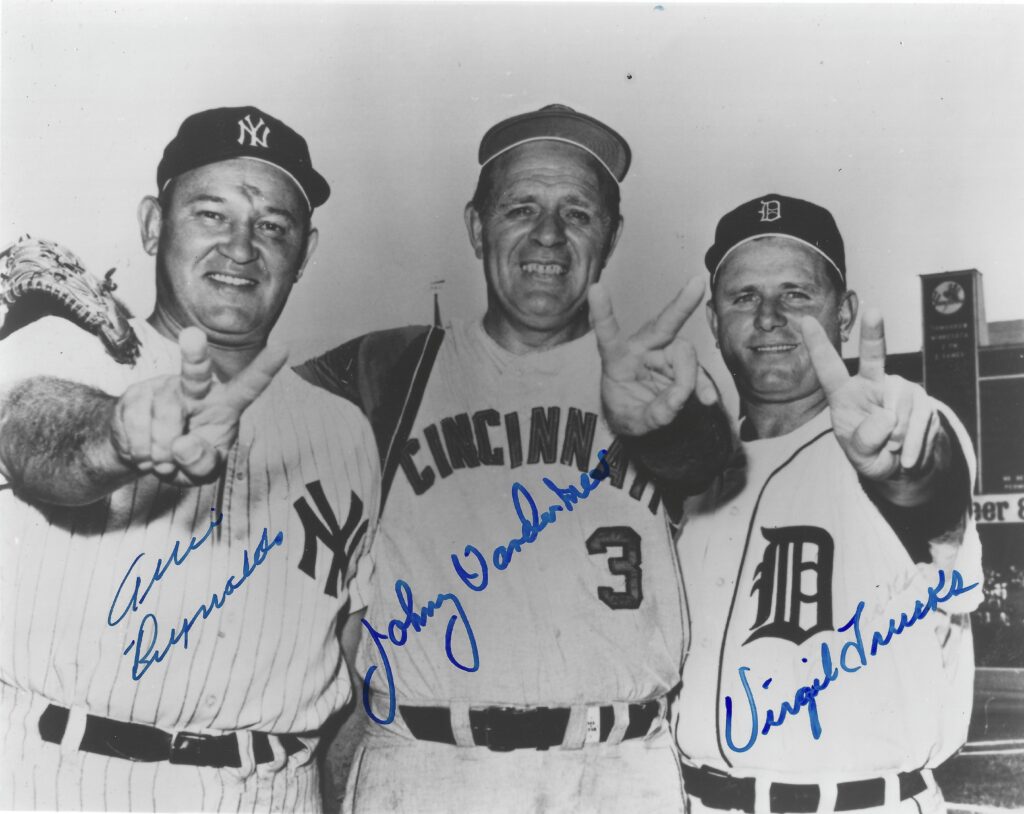
Johnny Vander Meer, Allie Reynolds, and Virgil Trucks are the first three pitchers to throw two no-hitters in one season. Vandy did it in 1938; Reynolds and Trucks in ’51 and ’52, respectively. Since then their ranks have doubled.
Vander Meer achieved this feat in 1938 at just 23 years old, during his second year in the big leagues. His two no-hitters came in back-to-back starts, a seemingly-impossible accomplishment never duplicated. The first came against the Boston Braves, a game where Vander Meer actually out-hit the opposition. His second no-hitter came just four days later. Although he struck out seven, Vander Meer battled through the game with eight walks, showing impressive grit.
Allie Reynolds joined Vandy in 1951 when he threw two no-hitters for the New York Yankees. His first gem came in a showdown against Bob Feller, who had thrown his third career no-hitter only eleven days earlier. Reynolds’ second gem came against the Boston Red Sox, a team that boasted future Ted Williams and Dom DiMaggio. In this game, Reynolds struck out nine batters, showcasing his dominance on the mound.
Virgil Trucks became the third pitcher in history to throw two no-hitters in a single season, achieving the feat in 1952. His first no-hitter came on a 1-0 victory, sparked by a dramatic home run from Vic Wertz. Three months later, Trucks threw another no-hitter, this time against the New York Yankees. That Yankee lineup included Hall of Famers like Mickey Mantle, and Yogi Berra. Trucks’ dominance in this second no-hitter solidified his place in history alongside Vander Meer and Reynolds.
Statistically speaking, Trucks ’52 season was a strange one. Despite his two gems, he won only 5 games. Four of his five wins were complete games, three of them shutouts. In his victories he allowed only 2 runs on 9 hits in 43 2/3 innings.
Since then three other men have thrown two no-hit gems in one season. Nolan Ryan did it with the Angels in 1973. Roy Halladay threw a perfect game in the 2010 regular season for the Phillies and a no-hitter that same season in the NLDS. Max Scherzer became the third hurler with two no-hitters in a season in 2015 with the Nationals.
Shown here is a photo of the first three men to toss two no-hitters in one season. It is autographed by Reynolds, Vander Meer, and Trucks.
